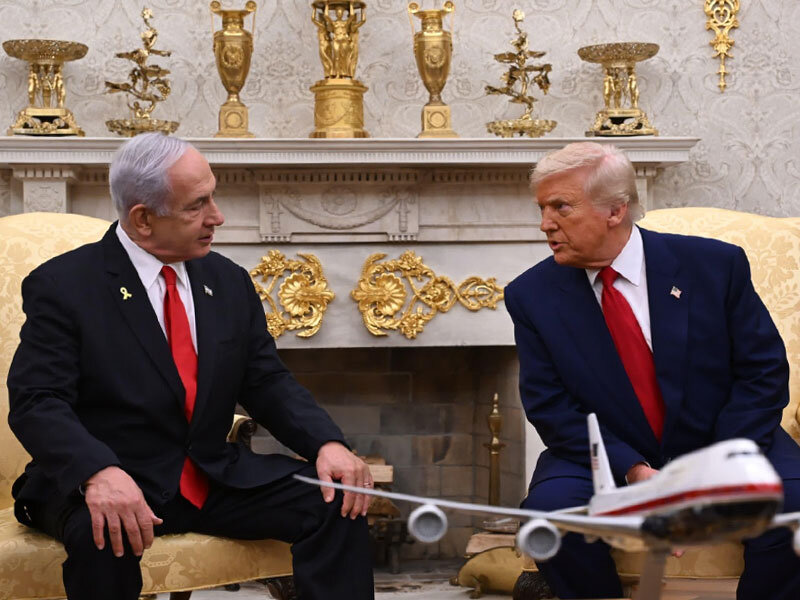
Similar Posts
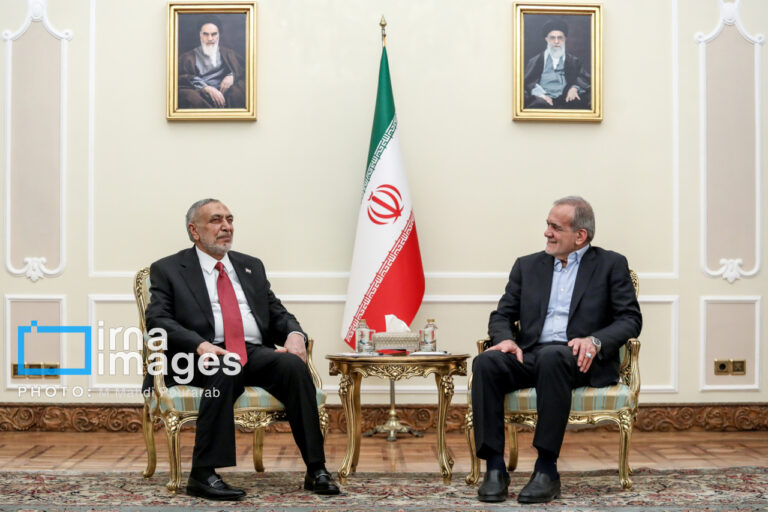
Unity Among Islamic Nations: Pezeshkian Urges Collective Action Against Adversaries’ Schemes
In a recent address, Iran’s President Masoud Pezeshkian emphasized the importance of unity among Islamic nations to counter adversaries and conspiracies. He argued that internal disputes weaken the Islamic Ummah and called for collective efforts in economic development and security. During a meeting with Iraqi Parliament Speaker Mahmoud al-Mashhadani, they discussed enhancing cooperation in trade, science, and border collaboration. Pezeshkian also addressed the situation in Syria, advocating for an inclusive government, and urged support for Palestine and Lebanon amid ongoing crises. The Iraqi speaker supported these views, highlighting a shared commitment to regional stability and the Palestinian cause.
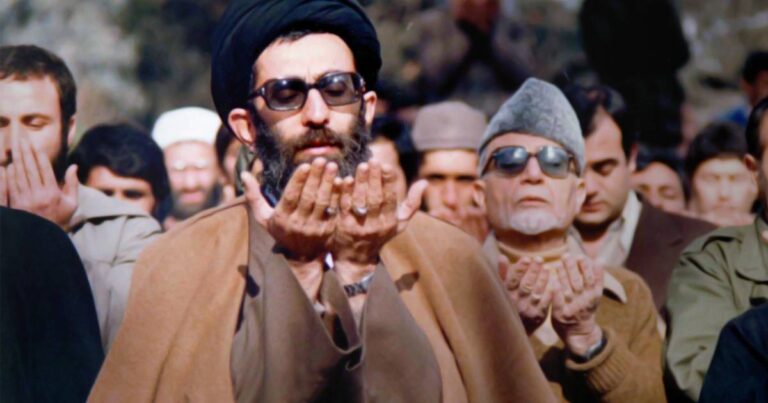
Transforming Faith: How Khamenei Uses Friday Prayers as a Powerful Tool for Control
Friday prayers in Iran have shifted from vibrant community gatherings to political briefings, particularly affecting middle-aged and older generations who recall their revolutionary significance. Initially popular post-revolution and during the Iran-Iraq war, attendance has declined due to dissatisfaction with the Islamic Republic’s leadership and economic issues. Supreme Leader Ali Khamenei has restructured the Friday prayer system, appointing younger, military-aligned clerics. Currently, around 850 imams serve across Iran, primarily appointed after 2017. These imams not only lead prayers but also oversee local governance and enforce Islamic norms, reflecting Khamenei’s tighter control over religious and political life.
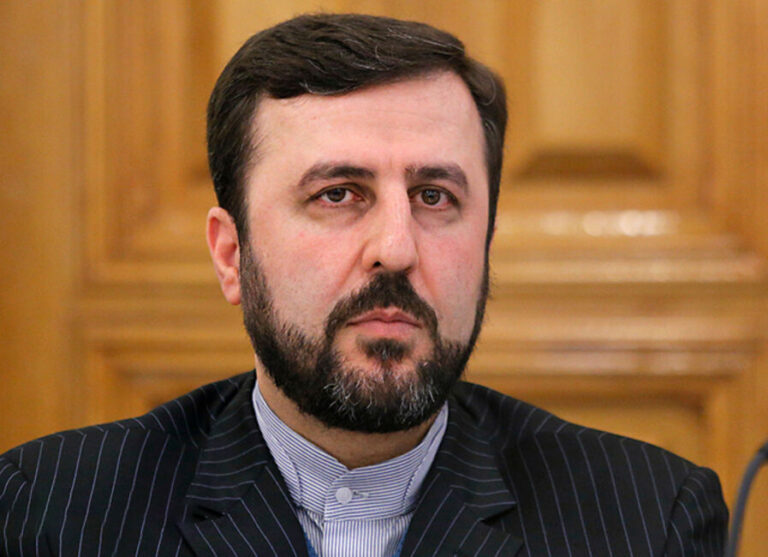
Iran Signals Openness: Key Grounds Established for Resuming Diplomatic Talks
Iranian Deputy Foreign Minister Kazem Gharibabadi has indicated a willingness to resume negotiations regarding Iran’s nuclear program amidst ongoing sanctions. Speaking at the 75th Anniversary of the 1949 Geneva Conventions in Tehran, he stated that Iran is always ready for talks and believes negotiations could be fruitful if other parties show determination. A new round of discussions has been agreed upon, with the date to be determined. Gharibabadi reiterated the peaceful intentions of Iran’s nuclear program and criticized unilateral sanctions as ineffective, emphasizing that resuming talks is a sensible strategy to alleviate these sanctions.
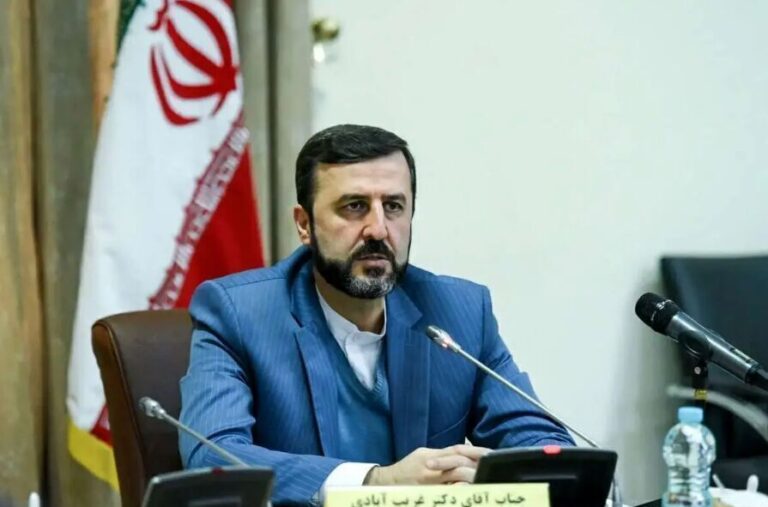
Iranian National Set to Return Home as Netherlands Denies U.S. Extradition Request
An Iranian national, Mehdi Kiyasati, imprisoned in the Netherlands for alleged U.S. sanctions violations, is set to return to Iran soon after the Dutch government rejected an extradition request from the U.S. Kazem Gharibabadi, Iran’s deputy foreign minister, noted that this outcome resulted from concerted efforts by various Iranian government bodies, including the Foreign Ministry and the Judiciary. Gharibabadi had previously discussed Kiyasati’s case with the Dutch ambassador in 2021. This development highlights the complexities of international law and the importance of diplomatic engagement in resolving such legal issues.
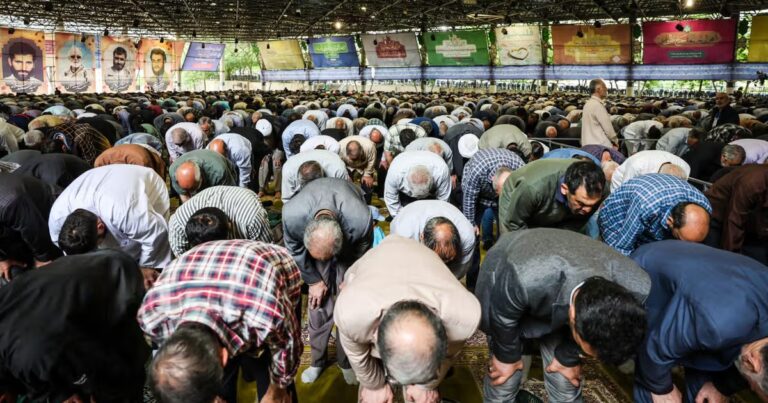
State Clerics Hail Diplomatic Wisdom of Nuclear Talks During Friday Prayers
Senior Iranian clerics have cautiously welcomed renewed indirect negotiations with the U.S. regarding Iran’s nuclear program, emphasizing national sovereignty and the need for sanctions relief. During a Friday sermon, interim prayer leader Mohammad-Hassan Aboutorabi-Fard highlighted Iran’s commitment to a peaceful nuclear agenda and transparency while resisting external pressures. Indirect talks in Rome and Muscat aim to gauge U.S. sincerity, with Iran’s Foreign Minister calling them a critical test. Clerics warned against overreliance on diplomacy, advocating for structural economic reforms regardless of negotiation outcomes. They reiterated the importance of national strength and scientific advancement in securing Iran’s interests and sovereignty.
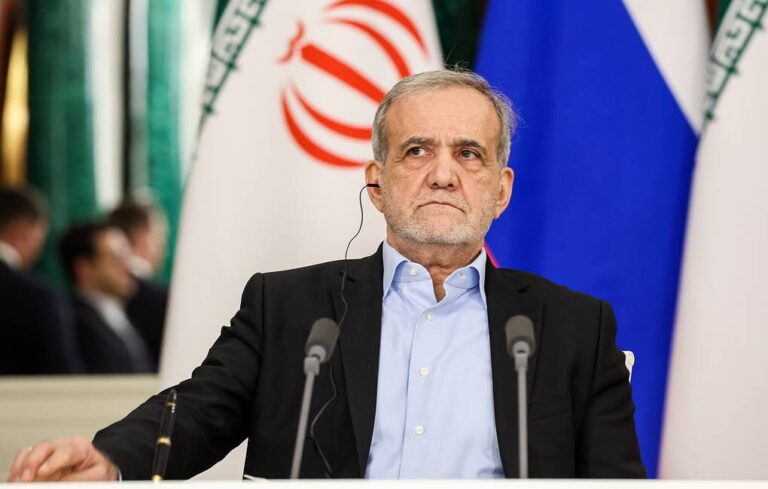
Fostering Global Unity and Peace: The Power of Friendly Relations
During the inauguration of the 18th International Tourism and Related Industries Exhibition in Tehran, Iranian President Pezeshkian emphasized the nation’s commitment to peaceful coexistence and enhancing its tourism potential. He stated that every visitor to Iran is an esteemed guest and addressed misconceptions about the country, asserting that Iran is friendly and hospitable. Pezeshkian condemned violence, particularly against Palestinians, and criticized Western nations for hypocrisy regarding human rights. He highlighted the importance of tourism in fostering international relationships, aiming to restore Iran’s global standing. The exhibition, featuring over 700 companies from 12 countries, will promote Iran’s cultural heritage and tourism sector.